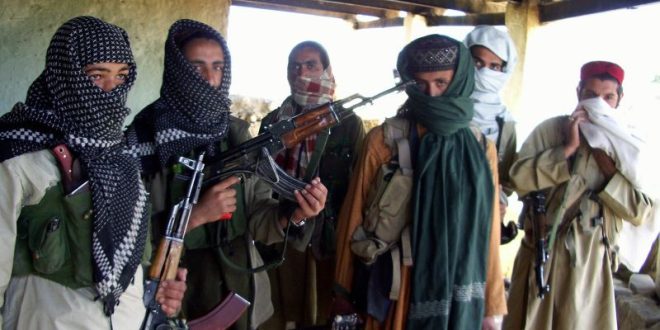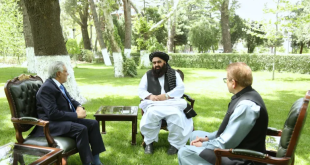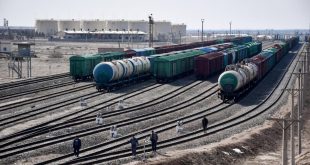Opinion
– The recent visit of Chief of Staff of Pakistan Army, Asim Munir, to Balochistan sheds light on the complex dynamics and ongoing struggles in the Afghan conflict. As we reflect on the history of this enduring conflict, it becomes evident that Pakistan’s role has been both controversial and impactful.
For over four decades, Pakistan has been mired in accusations of supporting armed groups operating within Afghanistan, resulting in devastating consequences for the Afghan people. The bloodshed and unprecedented massacres caused by these factions, with the backing of the Pakistani army, have left deep scars on Afghan society.
Despite the pleas of the Afghan population for Pakistan to withdraw its support, the bloodthirsty nature of the Pakistani army has perpetuated the cycle of violence and instability. This disregard for the cries of the Afghan people raises serious concerns about Pakistan’s commitment to regional peace and stability.
However, it is crucial to acknowledge that the Afghan conflict is multi-faceted, with various factions engaged within Afghanistan.
As Pakistan navigates its complex role in the Afghan conflict, it is crucial for the international community to hold it accountable for any support provided to armed groups. Pakistan’s commitment to regional peace should be measured by its actions, as mere rhetoric will not suffice.
The same terrorism that engulfed Afghanistan for decades has now befallen Pakistan. The recent terrorist attacks on military garrisons in Balochistan killed many Pakistani soldiers, an attack Pakistan blames on TTP.
Ultimately, achieving lasting peace in Afghanistan requires a collaborative effort, with all stakeholders actively engaged. Pakistan’s pivotal role in the conflict demands transparency, responsible actions, and a genuine commitment to promoting stability in the region.
Only through sincere cooperation and mutual respect can we hope to overcome the bloodshed and usher in an era of peace and prosperity for Afghanistan and its people.
 Afghanistan Times
Afghanistan Times




